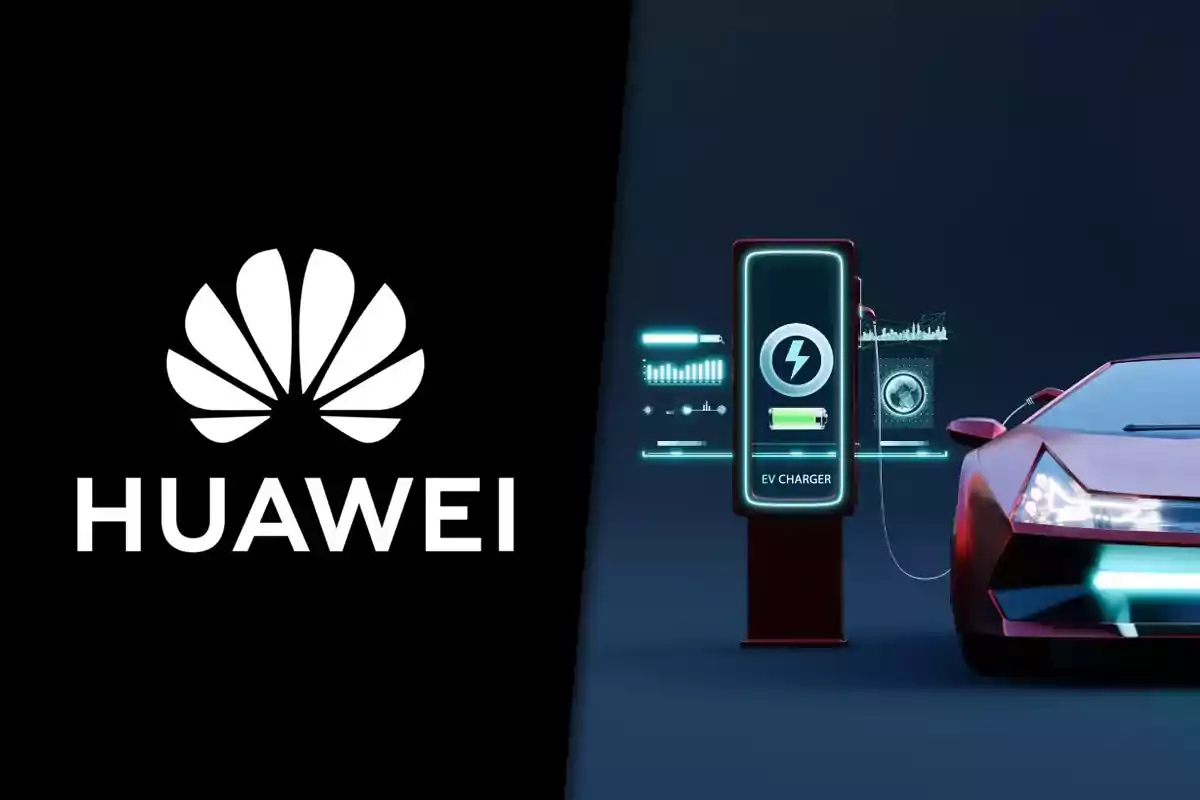
Goodbye to gasoline: this is Huawei's electric battery that charges in 5 minutes
Huawei patents a solid-state battery that promises 3,000 km (1,864 miles) of range and a full charge in 5 minutes
Huawei has registered a new solid-state battery that could be a game changer in the electric vehicle industry. The development would allow up to 3,000 km (1,864 miles) on a single charge and a 100% recharge in just 5 minutes.
This innovation aims to leave current lithium-ion batteries behind. It offers better range, increased safety, and less waiting time for charging.
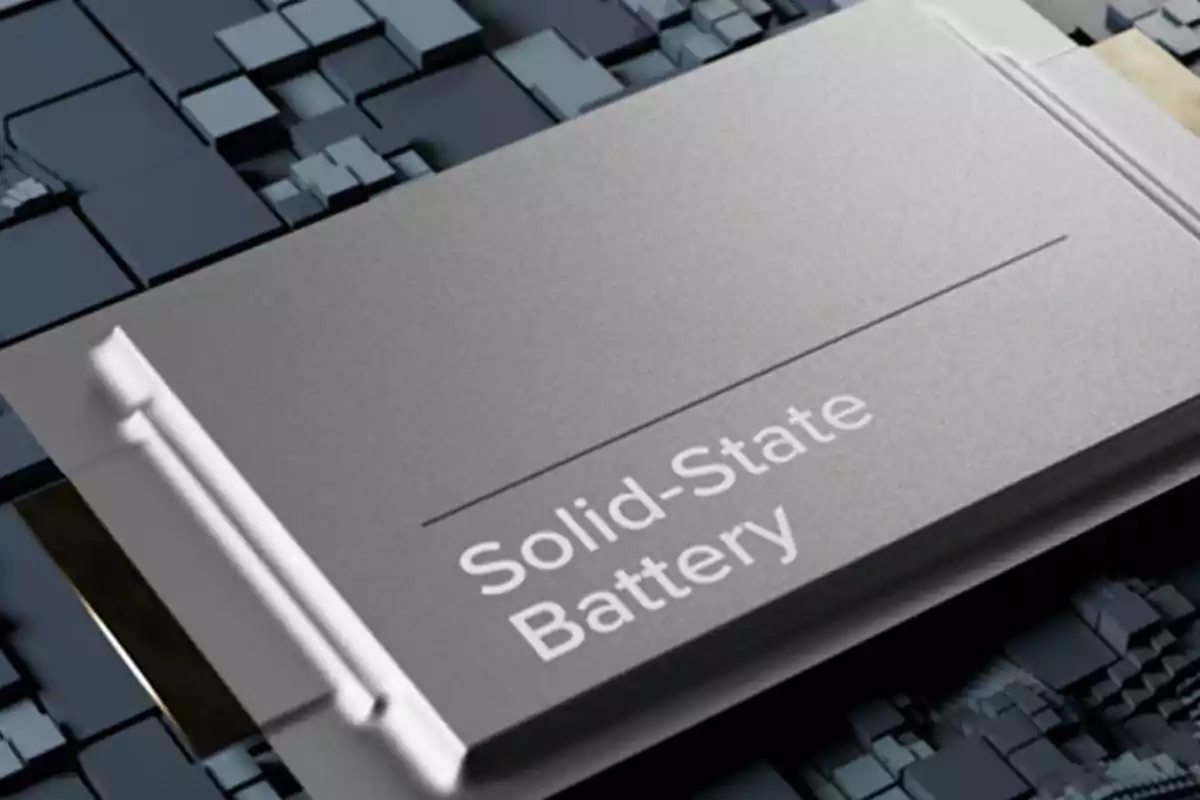
The battery that aims to dethrone the combustion engine
Huawei's technological breakthrough is based on a nitrogen-doped sulfur solid electrolyte. This combination would achieve an energy density of 400 to 500 Wh/kg, nearly double that of current batteries.
With that power, an electric car could travel up to 3,000 km (1,864 miles) without needing to recharge. It also promises a full recharge in just 5 minutes, matching the time it takes to fill a gasoline car's tank.
Greater efficiency and lower risk of explosion
One of the major benefits is the improvement in safety. The sulfur battery prevents the formation of dendrites, which can cause short circuits or fires in lithium batteries.
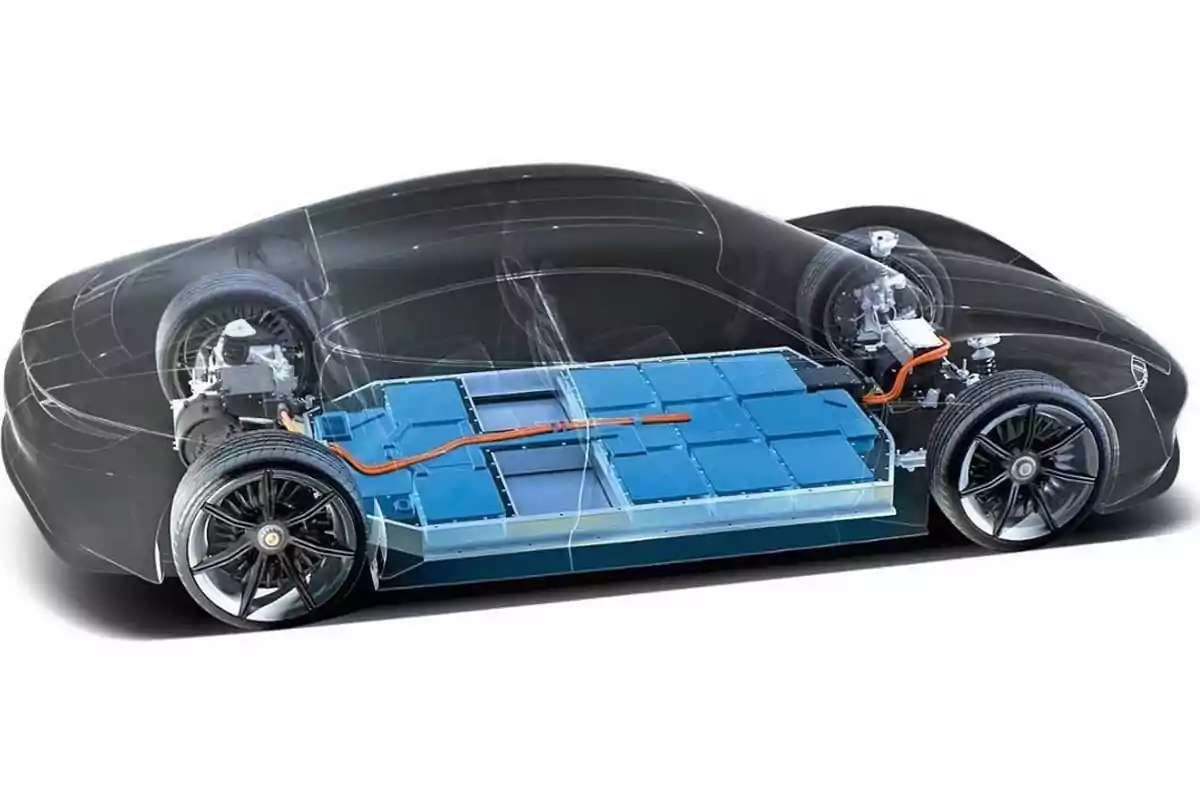
It also performs better at low temperatures and reduces the risk of thermal runaway. All of this makes it a more efficient, safer, and longer-lasting option.
A patent with global impact
Although for now it is a theoretical development, Huawei seeks to bring this technology to mass production. To do so, it will need to create infrastructure capable of supporting ultra-fast charging on a large scale.
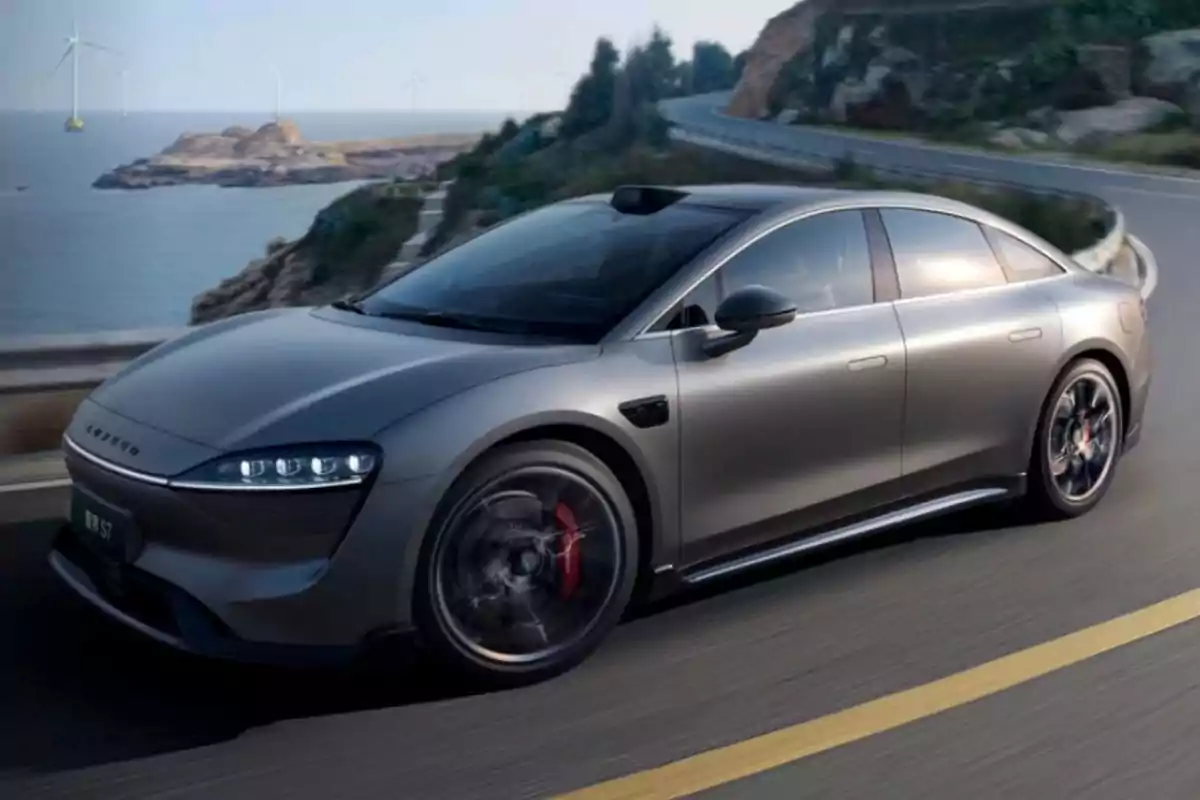
The company doesn't manufacture cars, but it collaborates with Chinese brands such as Seres, Chery, and JAC. All of them integrate HarmonyOS, Huawei's own operating system, and are part of its HIMA alliance.
The competition is not far behind
Other brands such as Toyota, CATL, Xiaomi, and Volkswagen are also investing in solid-state batteries. It is a technological race that could define the future of electric transportation.
However, Huawei gains an advantage with this patent, which aims to reduce dependence on external suppliers.
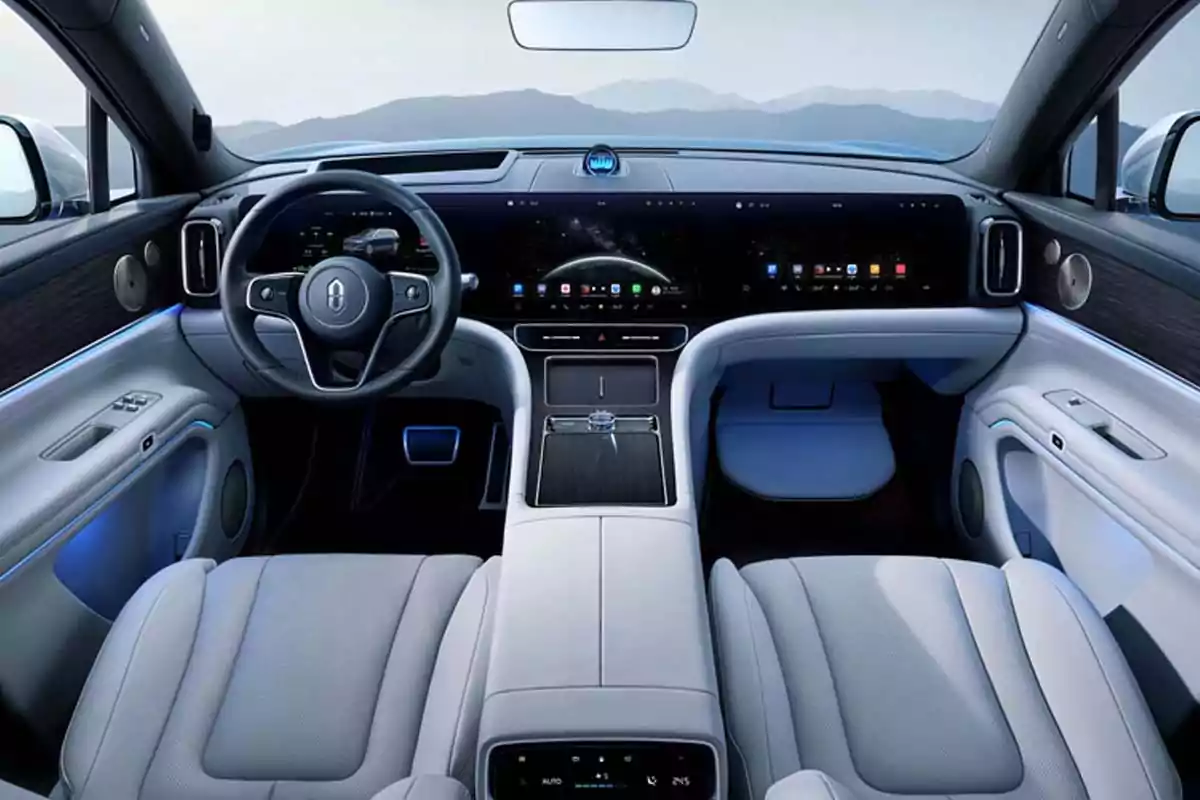
The challenge of scaling up production
Although the proposal is exciting, there are obstacles that could slow its arrival to the market. The cost of sulfur and the industrial manufacturing of solid cells still represent major technical and economic challenges.
The transition of this battery from the laboratory to cars could take years. But if Huawei manages to overcome it, the global impact would be enormous, accelerating the adoption of cleaner and more efficient mobility.
More posts: